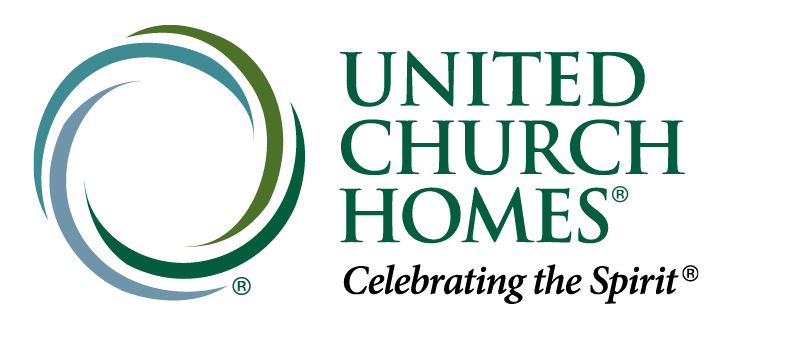Highlights from this week’s conversation include:
- The concept of music as medicine (0:07)
- Andy’s background and experience in the space (1:07)
- How Andy became connected with music therapy (2:18)
- The SingFit method (7:50)
- The impact of music on the brain (9:36)
- Rhythm and its therapeutic effects (15:12)
- The success and scale of therapeutic music (19:22)
- Essential elements of a music therapy program for cognitive decline (21:44)
- The importance of music therapy (24:53)
- AI and music therapy (27:21)
- Innovative technologies in healthcare (30:32)
- The future of music prescription (32:21)
- Personal experience of aging (35:01)
- Connecting with Andy and final takeaways (38:22)
Abundant Aging is a podcast series presented by United Church Homes. These shows offer ideas, information, and inspiration on how to improve our lives as we grow older. To learn more and to subscribe to the show, visit abundantagingpodcast.com.

